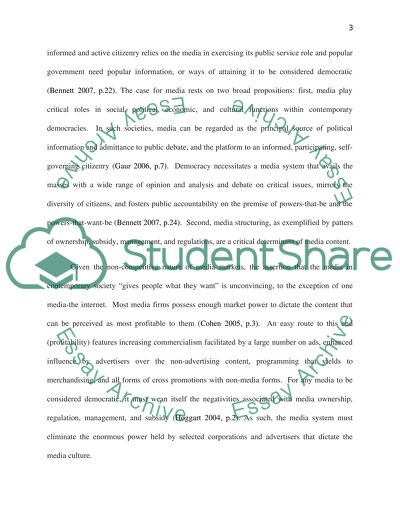Cite this document
(“To what extent does the internet represent a more democratic medium of Essay”, n.d.)
Retrieved from https://studentshare.org/journalism-communication/1473935-to-what-extent-does-the-internet-represent-a-more
Retrieved from https://studentshare.org/journalism-communication/1473935-to-what-extent-does-the-internet-represent-a-more
(To What Extent Does the Internet Represent a More Democratic Medium of Essay)
https://studentshare.org/journalism-communication/1473935-to-what-extent-does-the-internet-represent-a-more.
https://studentshare.org/journalism-communication/1473935-to-what-extent-does-the-internet-represent-a-more.
“To What Extent Does the Internet Represent a More Democratic Medium of Essay”, n.d. https://studentshare.org/journalism-communication/1473935-to-what-extent-does-the-internet-represent-a-more.


